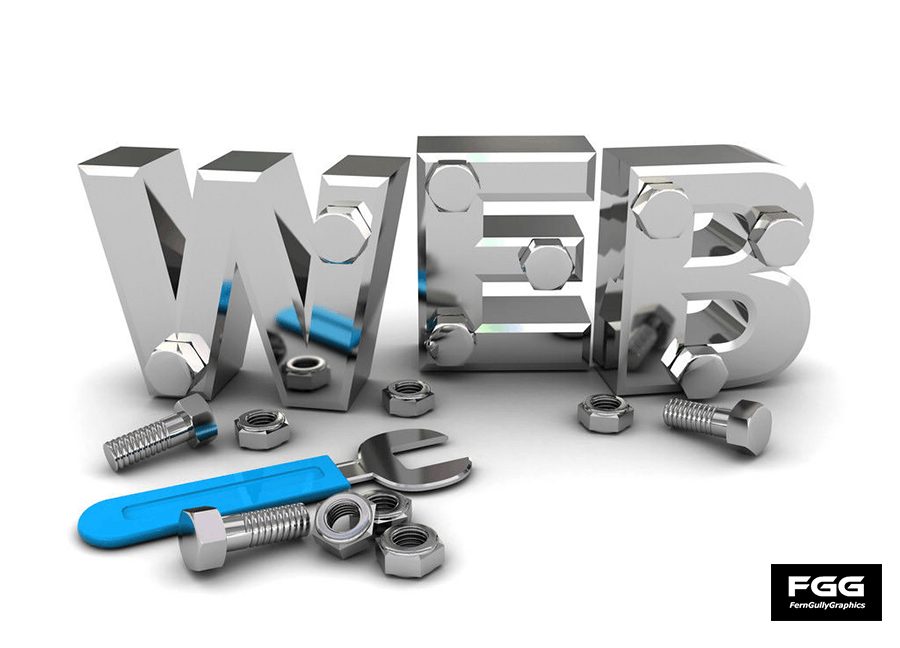So you want to start a website. Now what? What do you need? Where do you even begin? Forward Web would like to guide you through this process by providing you with information about the 3 basic services you need to start a website!
The three parts that make a website are: A domain name, web-hosting servers and site files. What on earth does that mean? Well, if you are a beginner and new to the world of web development that might sound a little intimidating but we will try our best to help you understand.
When someone visits your website they use your domain name to view your website. A domain name is unique name that identifies a website and there is a process that occurs from the time the site visitor types in your domain and presses enter; When a visitor enters your domain name into the browser, your domain is then translated into your server IP address and then the server send the user your site files (which their browser represents to them as a regular web page).
Basically, having a website is not possible unless you have each of these three basic elements. Let’s explore each of these areas for further clarification:
Domain Names:
Did you know that computers have their own language? That’s right, computers communicate by using numbers (called IP addresses) to contact each other, much the same way we use phone numbers to dial a specific person’s phone. Just like a phone book has entries and tells people looking for a business what the entries are, the internet has domain names which tells people (via their computers) that a domain is hosted on a server.
Not having a domain can actually hurt your business because you would have to explain to your clients that your site is located in a temporary url, which can make your website appear unprofessional and useless.
Web Hosting Servers:
The web hosting server is simply a space. Without the hosting service, you will not have a place for your files to reside therefore your domain would then become like a disconnected phone number in the phone directory, and your website files would have nowhere to stay. Think of the web hosting server as the space you would rent out to have your business in. A rental space does not come included with furnishings (such as shelves to display your products) and similarly, a web hosting account does not include a site for you to sell your products.
However, unlike a rental space for your business, in the web hosting world it is very easy to furnish the space provided by your host. This is possible through the installation of numerous framework applications which are available through the “QuickInstall” icon within your cPanel.
Site Files:
The site files are what your website visitors and potential customers actually see when going to your website (such as your products and services).
Website files are the same as any other file you normally use (like a .jpg is a photograph file and a .mp3 is a music file). Website files are .php files or .html files, which are PHP scripts or html pages just and the web hosting server knows how to read these files. They explain how the webpage looks or instructs the server to do a series of computations. Examples of these computations include determining what forum post it is supposed to send back or figuring out what blog article it is supposed to send back to the viewer.
Are you ready to start building your website? If you still have questions, are having a difficult time setting up your website, do not have the time or you would like help improving the website you or someone else developed, contact Forward Web and they will contact you to discuss your project!








